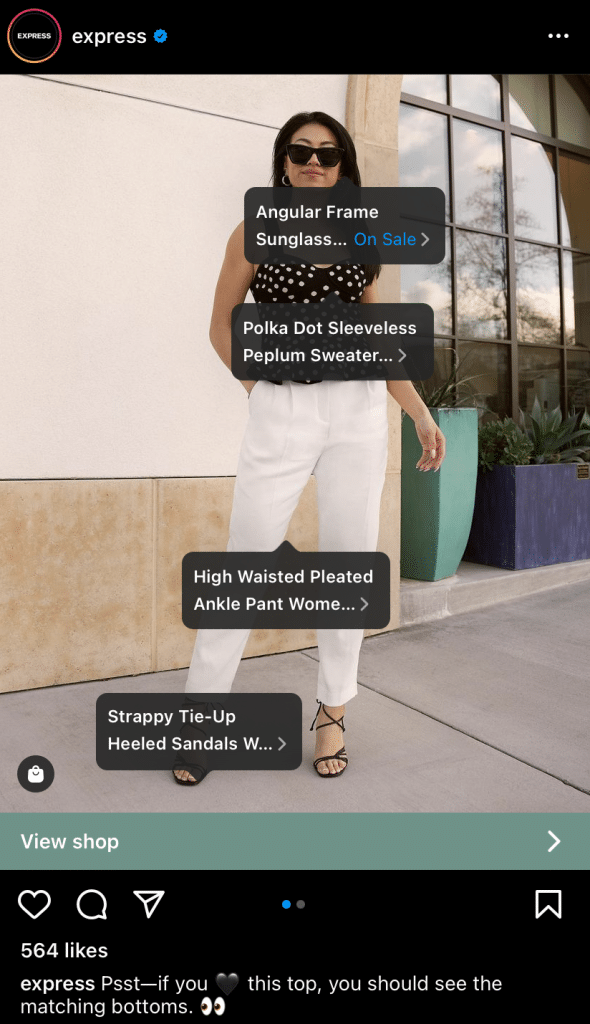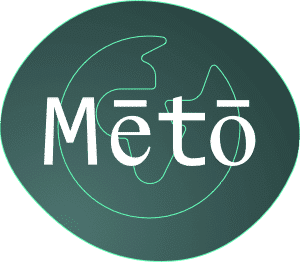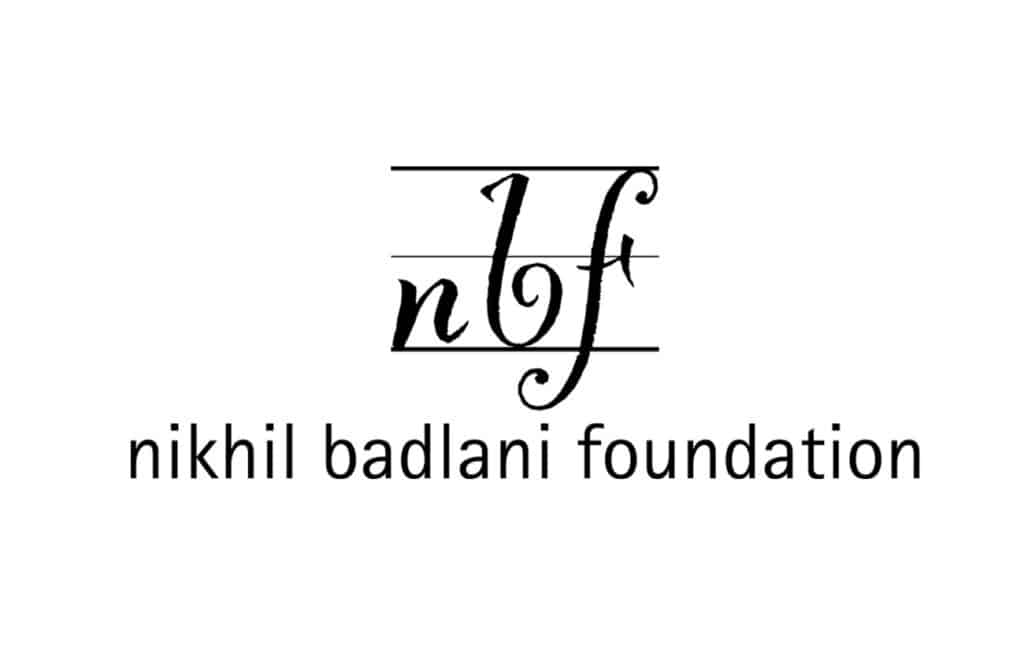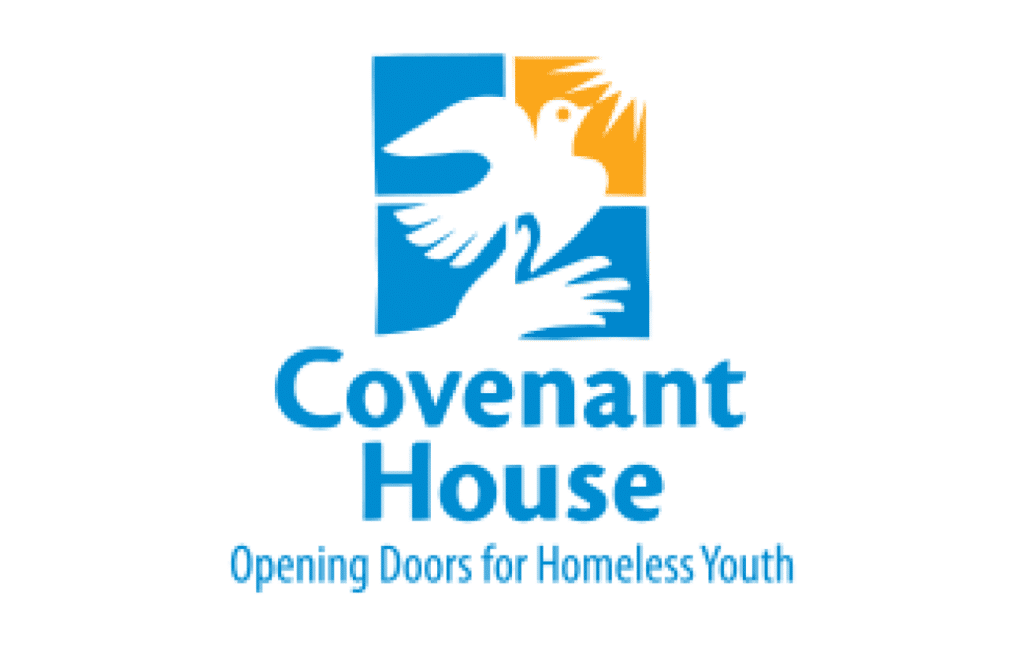Understand Zero-Party Data
Build Out That Preference Center
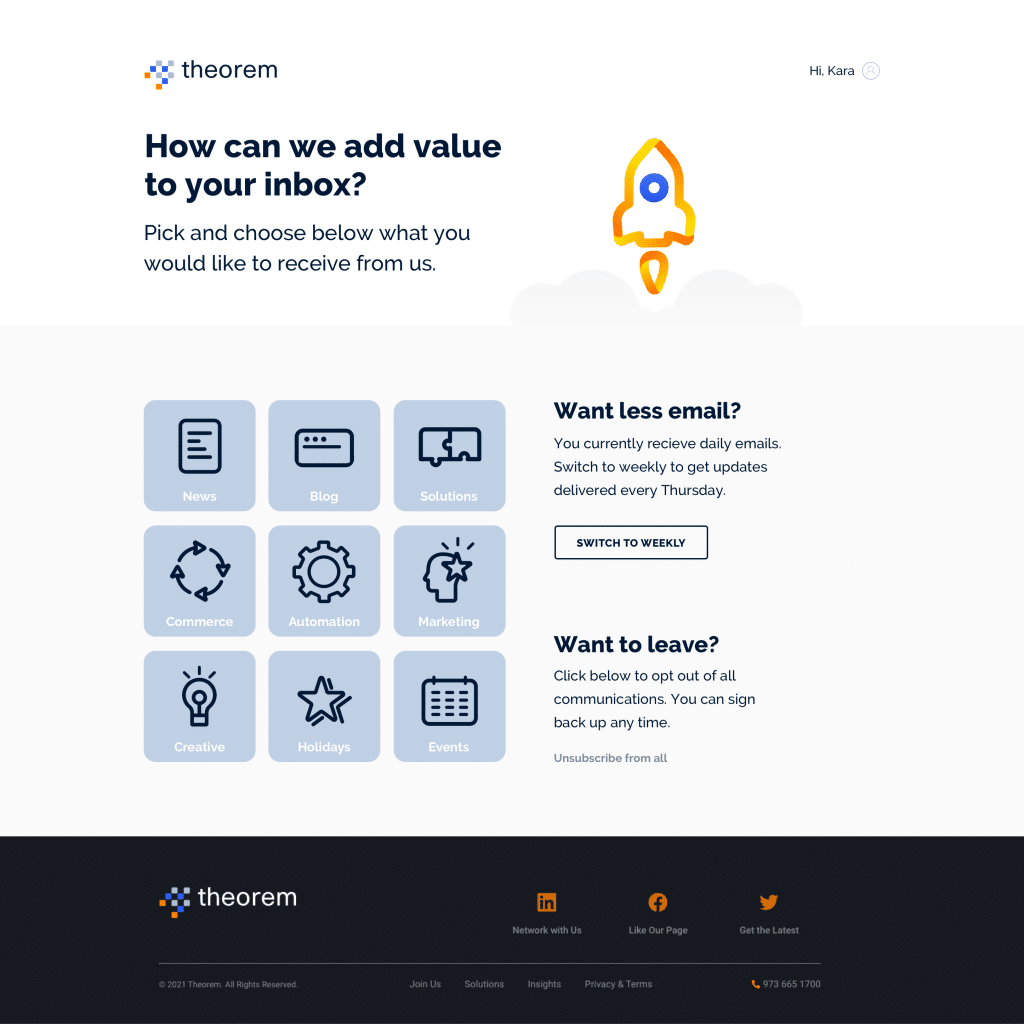
Create Interactive Experiences
Lean Into Diversity & Inclusion
The truth is, creating a robust zero-party data strategy goes hand in hand with building out a method to optimize diversity and inclusion across your brand marketing, which widens your customer pool and boosts your bottom line. Allowing consumers to interact with your brand in a way that they openly tell you what they want and need provides teams with a better view of who their ideal consumers really are.
In Short
Data collection and utilization strategies are a key element of modern digital marketing success. While the industry is flooded with talk of the end of the third-party cookie, and how marketing teams can overcome this hurdle, the majority of the narrative isn’t focused on the heart of the HOW. It’s not just about understanding first-party and zero-party data collection and utilization as concepts, but rather the root of their success through engagement and context.
In a modern market where feeds and inboxes are flooded, brands have to create unique user experiences through robust engagement and personalization strategies. In order to do this, they must leverage the tools at their disposal to ensure they are building relationships with their consumers when and where they spend their digital time. Robust omnichannel strategies that include interactive content, leverage preference centers, and lean into diversity and inclusion will enable brands to create a deep understanding of and the personal relationships with loyal consumers they need to develop a free-flowing exchange of zero-party data.

